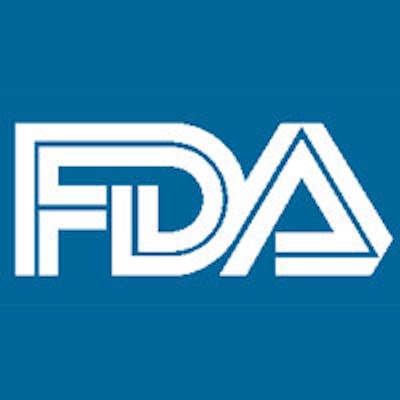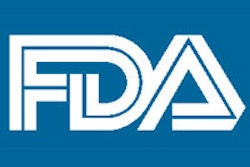
Is your institution staying on top of its PACS maintenance responsibilities? If not, you'd better be: The U.S. Food and Drug Administration (FDA) is warning healthcare facilities that it may take compliance action if their PACS fails and images are lost due to preventable reasons.
In a recent MQSA Insights article, the FDA noted that several recent Mammography Quality Standards Act (MQSA) compliance cases highlight the need for PACS maintenance and upkeep to remain in compliance with legal requirements for retaining mammograms.
"Lately, when it comes to record retention, we have seen facilities laboring under some false assumptions: 'My facility's Picture Archiving and Communication System (PACS) will last forever; its hard drives will never fail; my PACS doesn't need to be backed up and doesn't need regular maintenance, refreshing, or upgrading,' " the FDA wrote. "Although none of these statements is true, several recent MQSA compliance cases have shown us that some facilities evidently believe these myths."
If a facility fails to maintain its mammograms for the length of time specified by MQSA for any reason except for natural disasters, it is technically in violation of the law, the FDA said. As a result, the agency may take compliance action if the facility's practice fails and images are lost for preventable reasons.
The FDA said that proper investment in PACS infrastructure can prevent the catastrophic loss of images, such as what has recently occurred at several certified facilities. One site permanently lost more than 20% of its mammograms, while another is attempting the expensive retrieval of more than 6,000 lost mammograms, the FDA said.
The agency's technology experts provide the following suggestions for PACS maintenance and upkeep:
- Invest in backup storage, whether server-based or cloud-based.
- Ensure that your staff is properly trained on how and when to perform backups.
- Apply the manufacturer's software updates to your PACS as soon as they're released.
- Follow the manufacturer's recommendations on hardware maintenance, upgrades, and refresh, especially for hard drives (based on the median lifespan of enterprise hard drives, six years is a reasonable refresh rate for them).
"Investing in your PACS isn't simply investing in technology; it's investing in the health and well-being of the patients who come to you for their mammograms and who depend on you to provide them with the best mammography services possible, and it keeps your facility in compliance with the MQSA regulations," the FDA wrote.
The FDA also noted that PACS malfunctions or failures must be reported to the MQSA Facility Hotline and the PACS manufacturer. A Medical Device Problem Report must also be filed with the FDA.




















